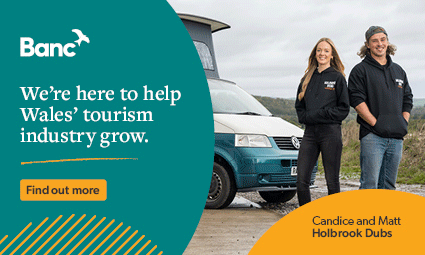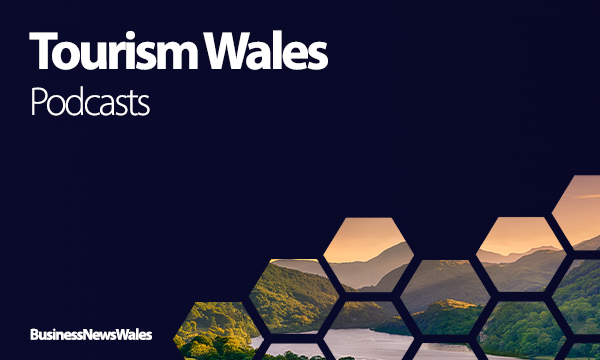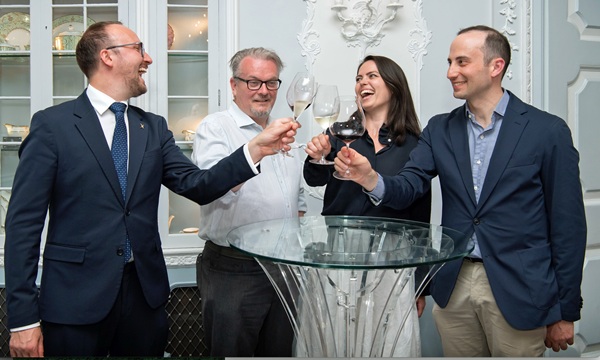An increasing number of tourists have sustainability high on their wish-list when it comes to selecting a destination.
 For Welsh businesses in the tourism and hospitality sectors, marketing themselves as ‘green’ can open up new opportunities. But it’s essential that they back up these claims with verifiable, legitimate credentials.
For Welsh businesses in the tourism and hospitality sectors, marketing themselves as ‘green’ can open up new opportunities. But it’s essential that they back up these claims with verifiable, legitimate credentials.
Simon Preddy, Senior Operations Manager at Keep Wales Tidy, explains the importance of independent verification in the tourism sector. “There’s an awful lot of information out there, and a lot of use of the word ‘eco’ and ‘green’. It can be quite daunting for businesses to know where to start,” he says.
Using a framework – such as the Green Key award, which is run in Wales by Keep Wales Tidy on behalf of the Foundation for Environmental Education – can help businesses to measure and improve their sustainability efforts.
Green Key is the leading international standard for environmental responsibility and sustainable operations in the tourism industry. With more than 3,200 tourism providers across 65 countries holding Green Key certification, it is a trusted eco-label that allows businesses to demonstrate their commitment to sustainability. In Wales, it offers a clear path for businesses of all sizes—from boutique hotels and bed and breakfasts to large event venues and campsites—to assess and improve their green credentials.
“Green Key provides a basis for a business to start that journey,” explains Simon. “By having a set of criteria and requirements, it can help focus in on areas of the business that can be improved and become more sustainable.”
For businesses that want to make genuine strides in sustainability, this framework offers not only a way to measure progress but also the confidence that they are doing the right thing. The independent verification process helps businesses cut through the noise of ‘greenwashing’- a growing concern for consumers as companies increasingly make unsubstantiated environmental claims.
This is becoming more important than ever as regulations around environmental claims are tightened. Simon points to the Green Claims Code, developed by the Competition and Markets Authority (CMA), which sets out clear guidelines to ensure that businesses’ environmental claims are genuinely green.
“There is legislation happening across Europe as well, where it’s going to be harder to make claims without having the science to back them up,” he says. “Award schemes like Green Key give businesses that confidence.”
Visitor surveys, including those conducted by Visit Wales and global platforms such as Booking.com consistently show that a growing number of travellers are seeking eco-friendly options. However, many still struggle to find clear and reliable information about how they can make more sustainable travel choices.
“We see an increase in people looking for sustainable travel options year on year,” says Simon.
“The Green Key certificate stands for the promise to guests that by staying with a Green Key establishment, they are helping to make a difference on an environmental level.”












